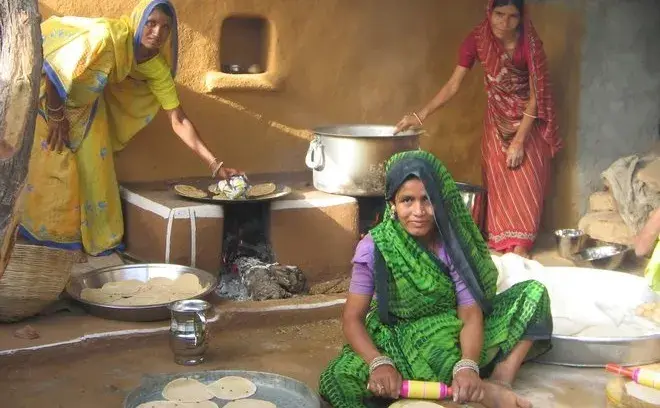Poverty: The direct approach isn’t always best
Published by

An oped this week in Mint reported on research into two important policy options which aim to tackle poverty in Rajasthan.
The research was conducted by Munshi Sulaiman, Research Director of Save the Children International, with Michael Murigi of the University of Sydney. Their paper analytically weighs up the costs and benefits of two important interventions which aim to alleviate poverty: subsidised crop insurance for farmers, and graduation schemes for the ultra-poor.
Sometimes in life, it is clear that the direct approach isn’t the best one. This is true in many areas, even when it comes to policymaking. Take, as an example, the area of extreme poverty. It seems logical, at first, that the most effective response should be head-on: giving money and assets to protect people from income shocks.
In recent times, microcredit schemes have been presented as a panacea, attracting a lot of money around the world. However, a series of trials have shown that microcredit doesn’t do much good—often not even increasing average incomes, and burying the poor in debt."
Read the entire oped in Mint.

